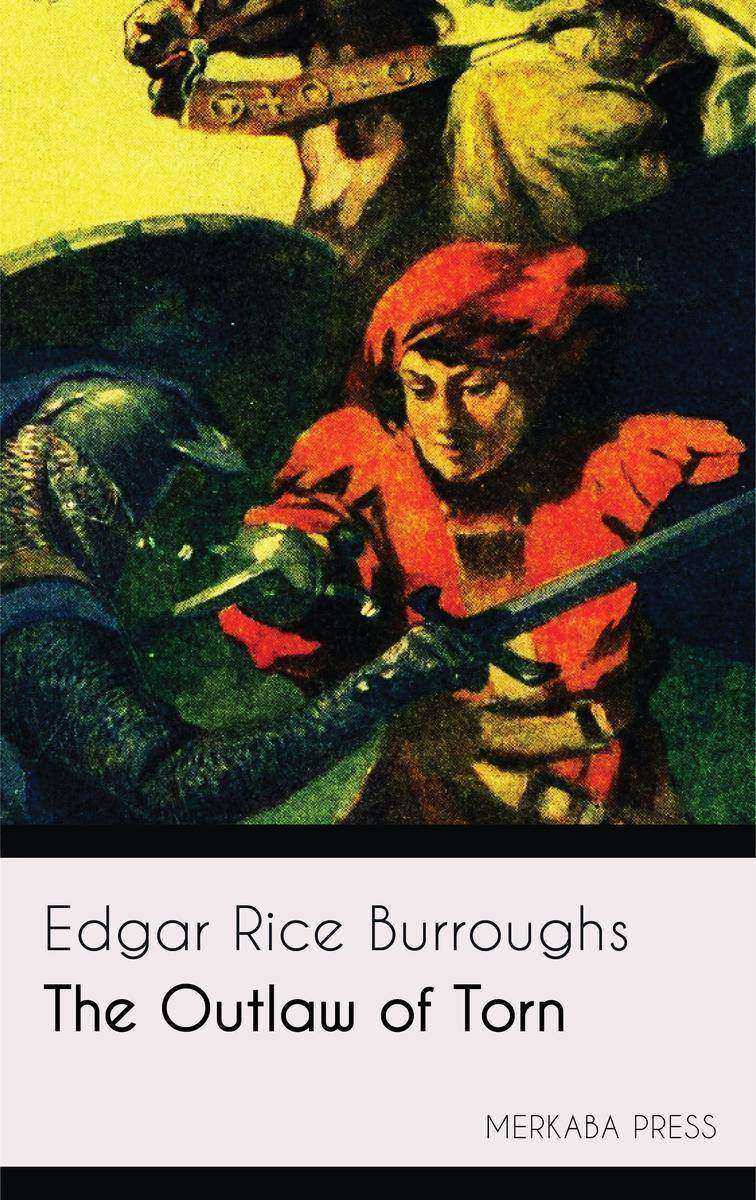
The Outlaw of Torn
¥8.09
The Outlaw of Torn
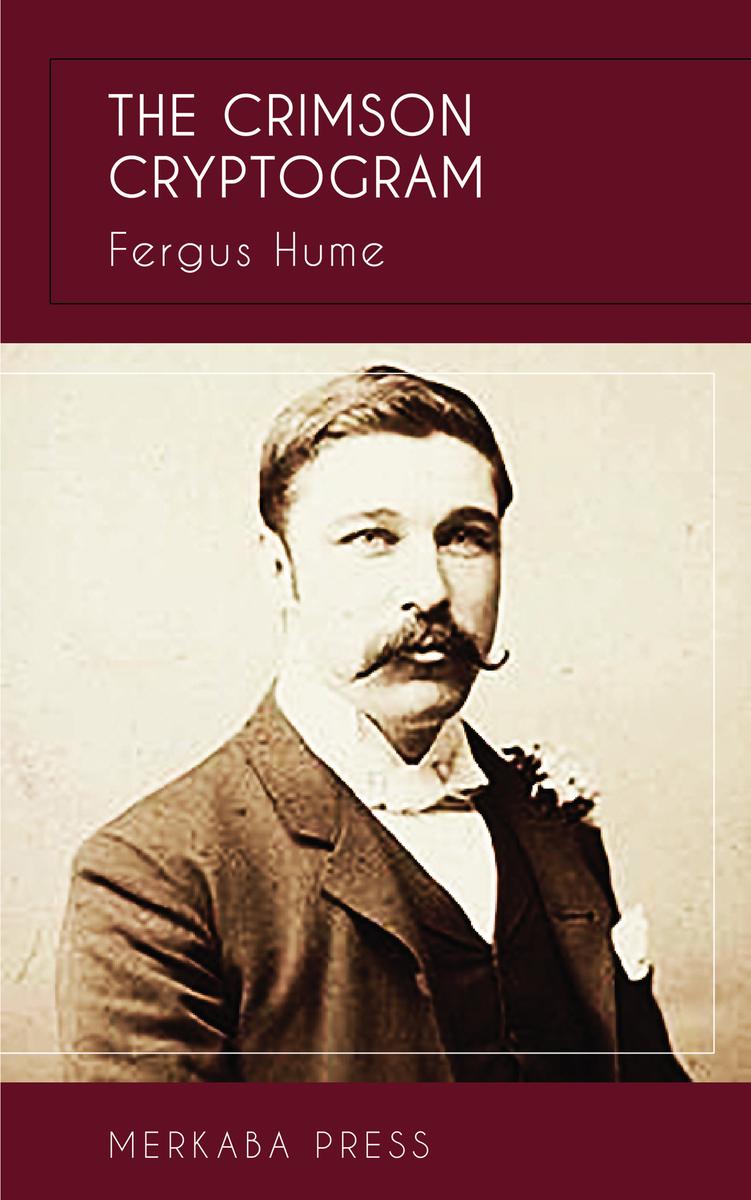
The Crimson Cryptogram
¥8.09
The Crimson Cryptogram

The People of the Black Circle
¥8.09
The People of the Black Circle
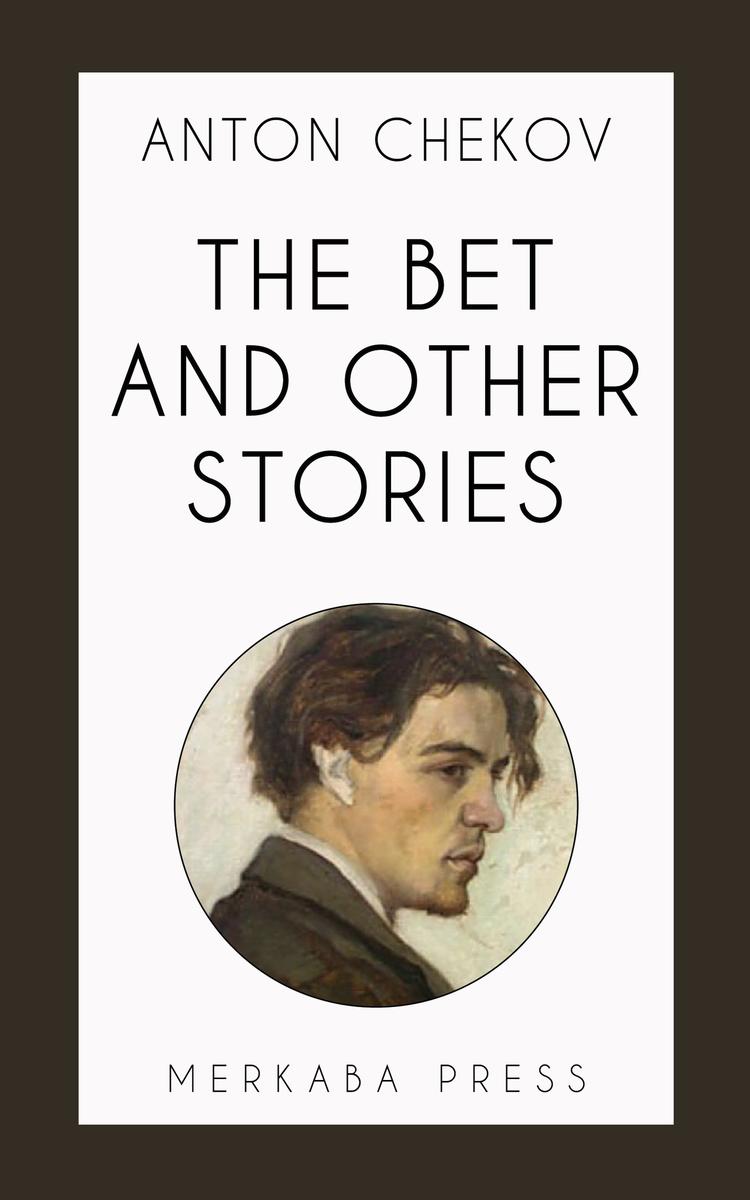
The Bet and Other Stories
¥8.09
The Bet and Other Stories
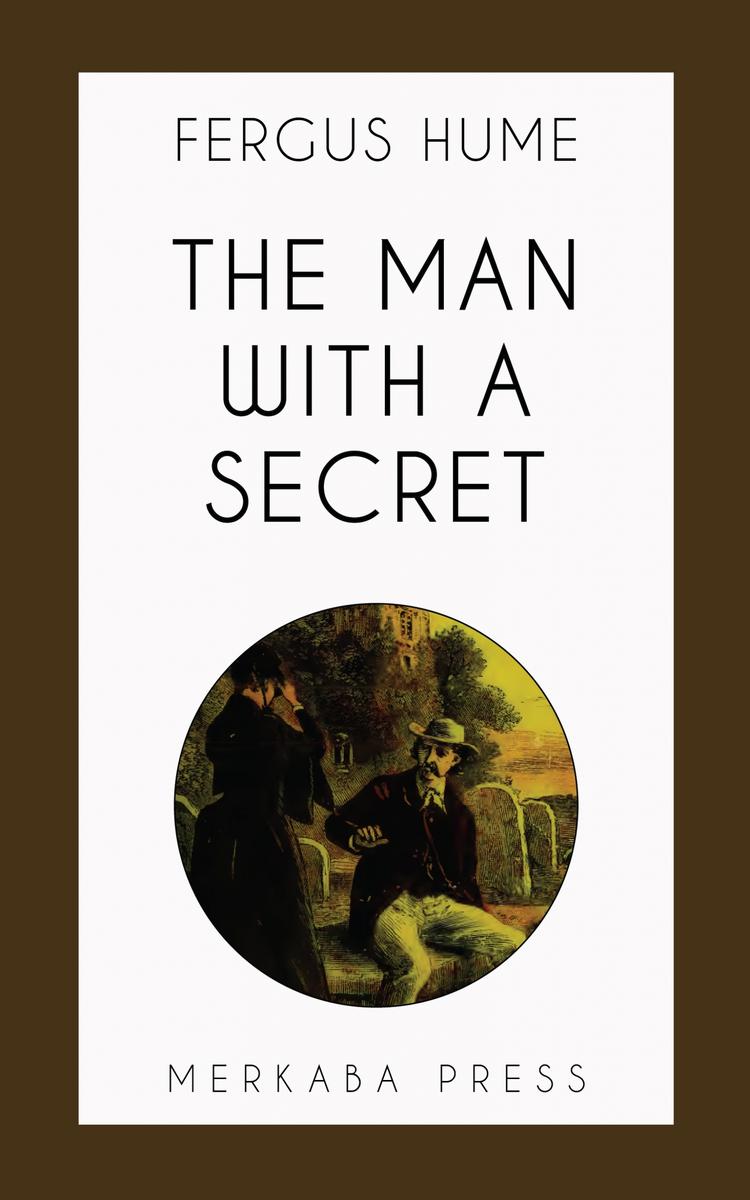
The Man With A Secret
¥8.09
The Man With A Secret
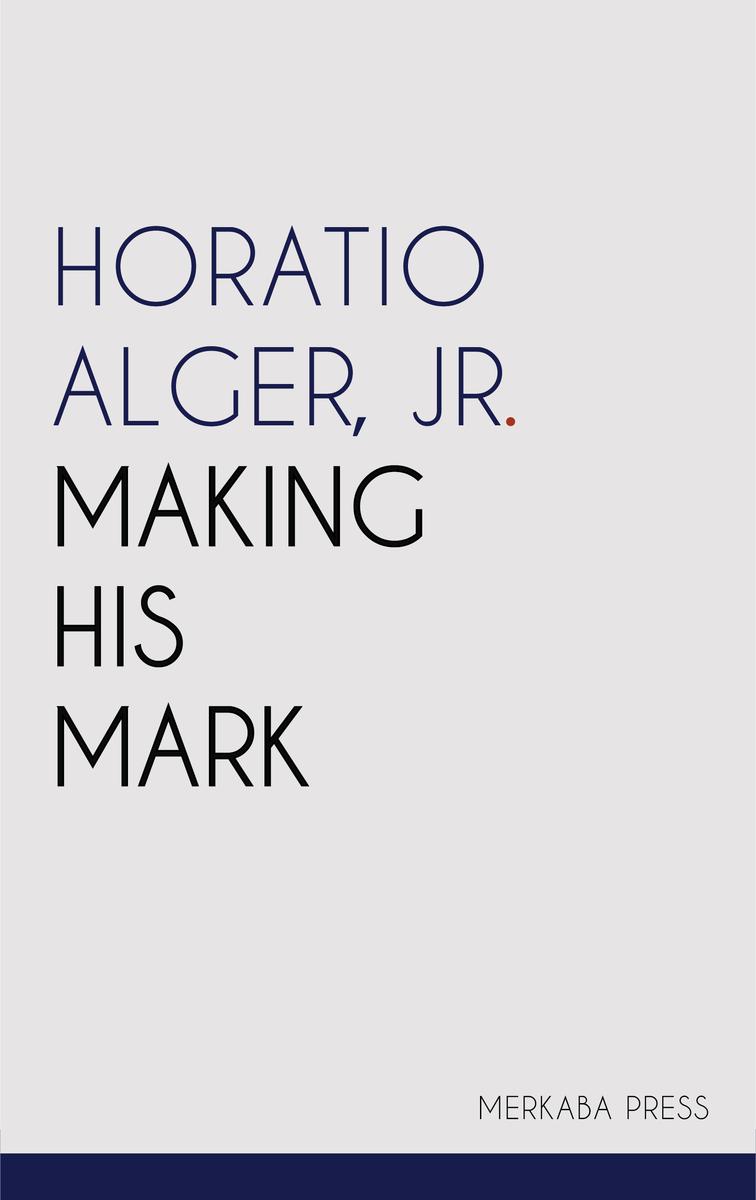
Making His Mark
¥8.09
Making His Mark
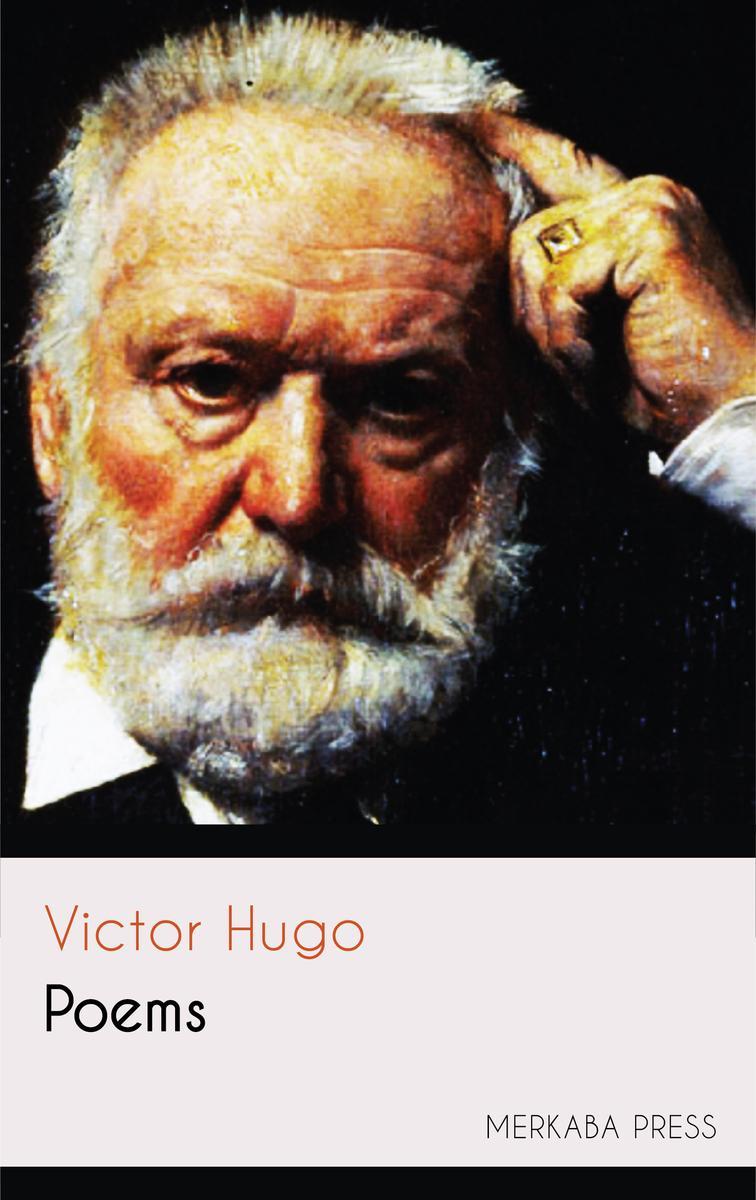
Poems
¥8.09
Poems

As a Man Thinketh
¥8.09
As a Man Thinketh
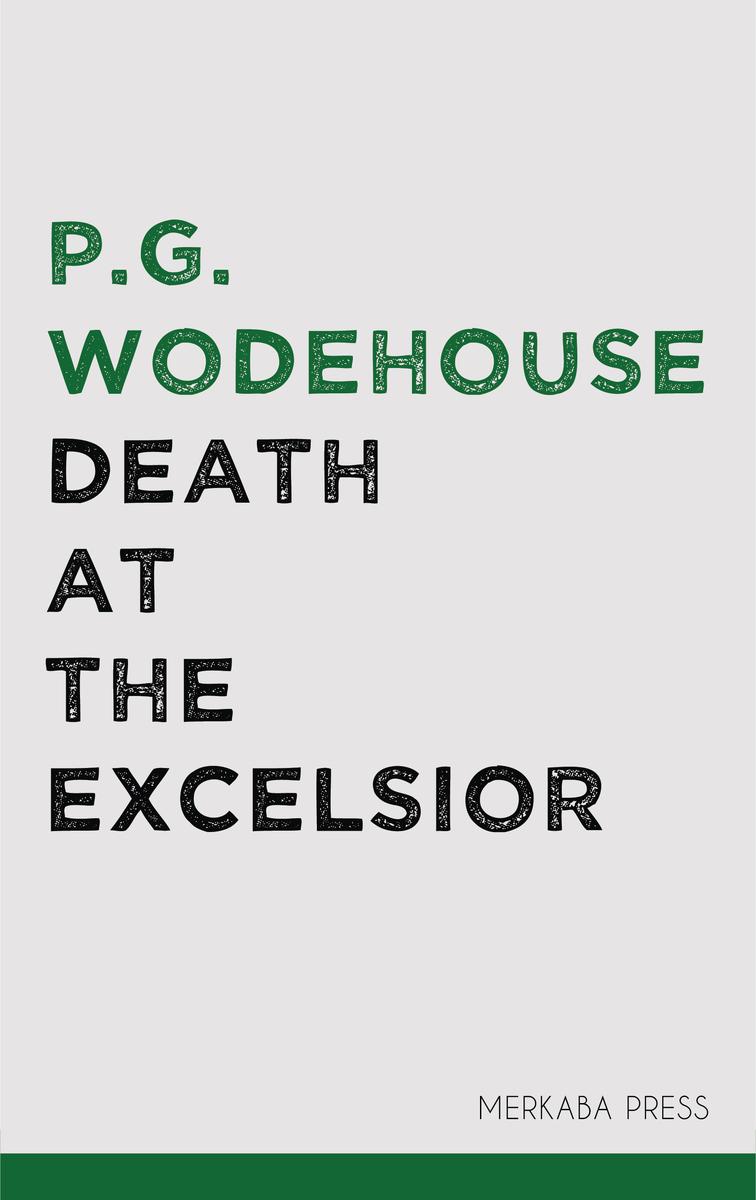
Death at the Excelsior
¥8.09
Death at the Excelsior

Wanelo for Small Business: How to Make Money on Wanelo
¥8.09
Wanelo for Small Business: How to Make Money on Wanelo

Traveler's Paradise - New York: New York City Shopping & Travel Guide
¥8.09
Traveler's Paradise - New York: New York City Shopping & Travel Guide
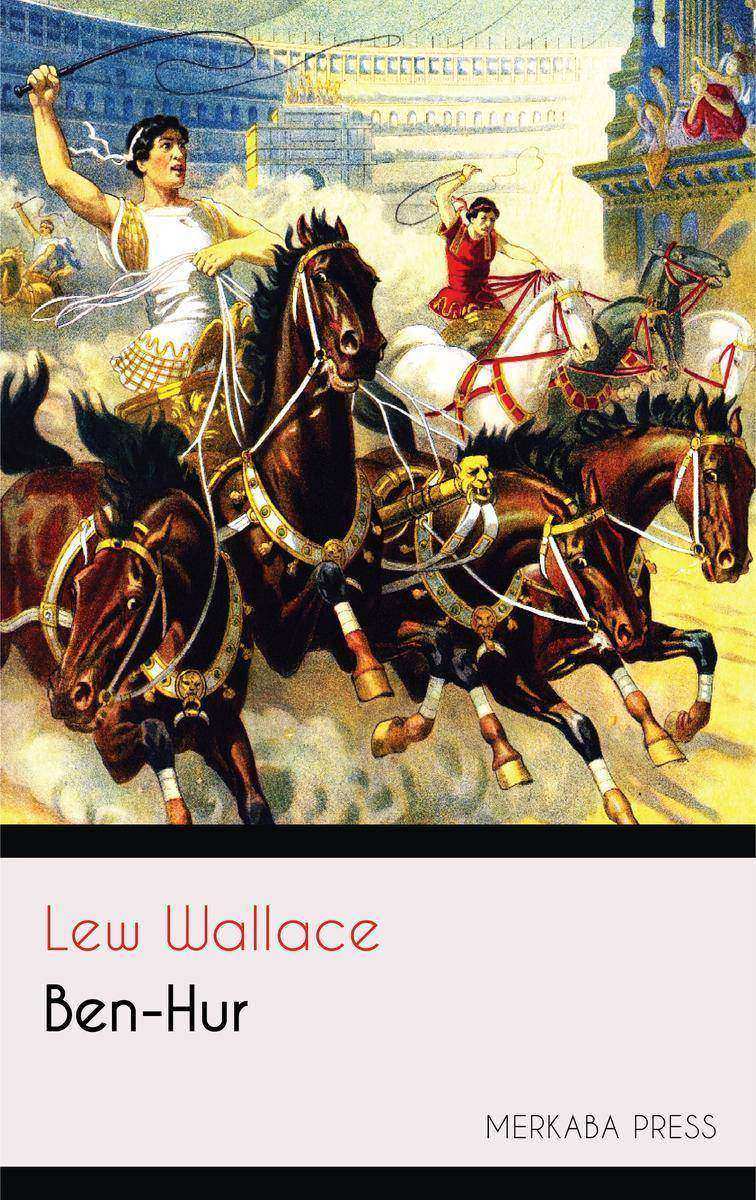
Ben-Hur
¥8.09
Ben-Hur
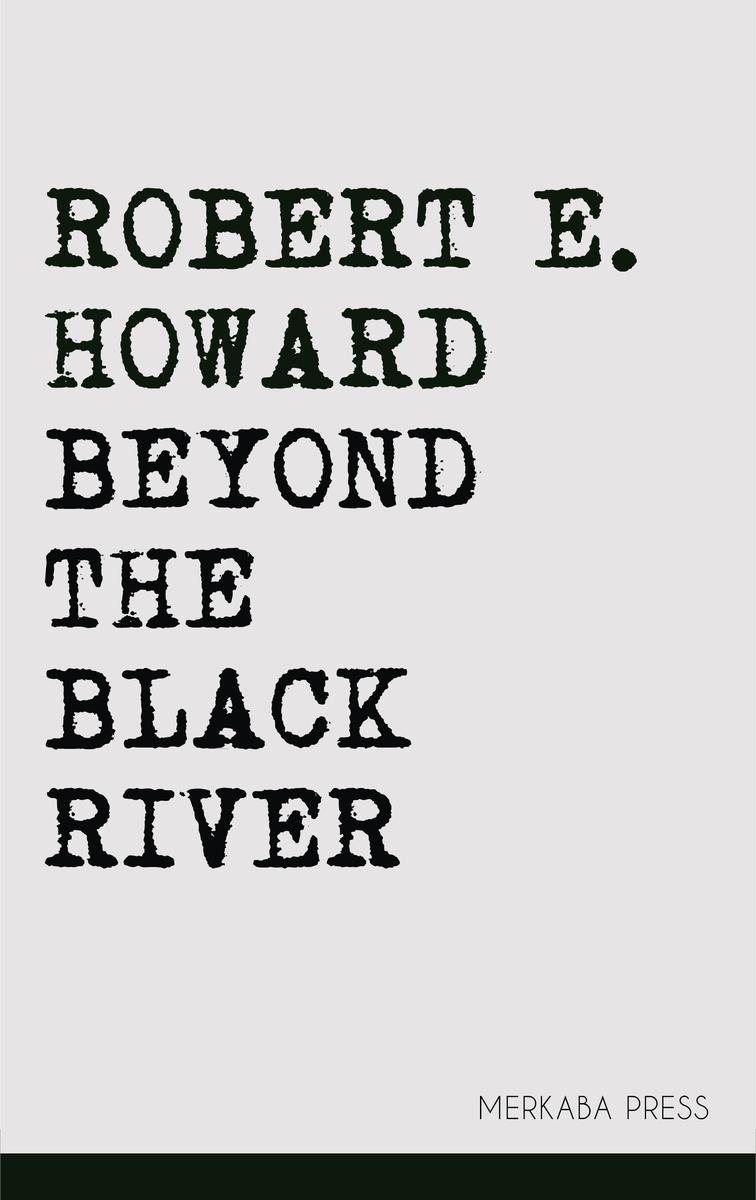
Beyond the Black River
¥8.09
Beyond the Black River
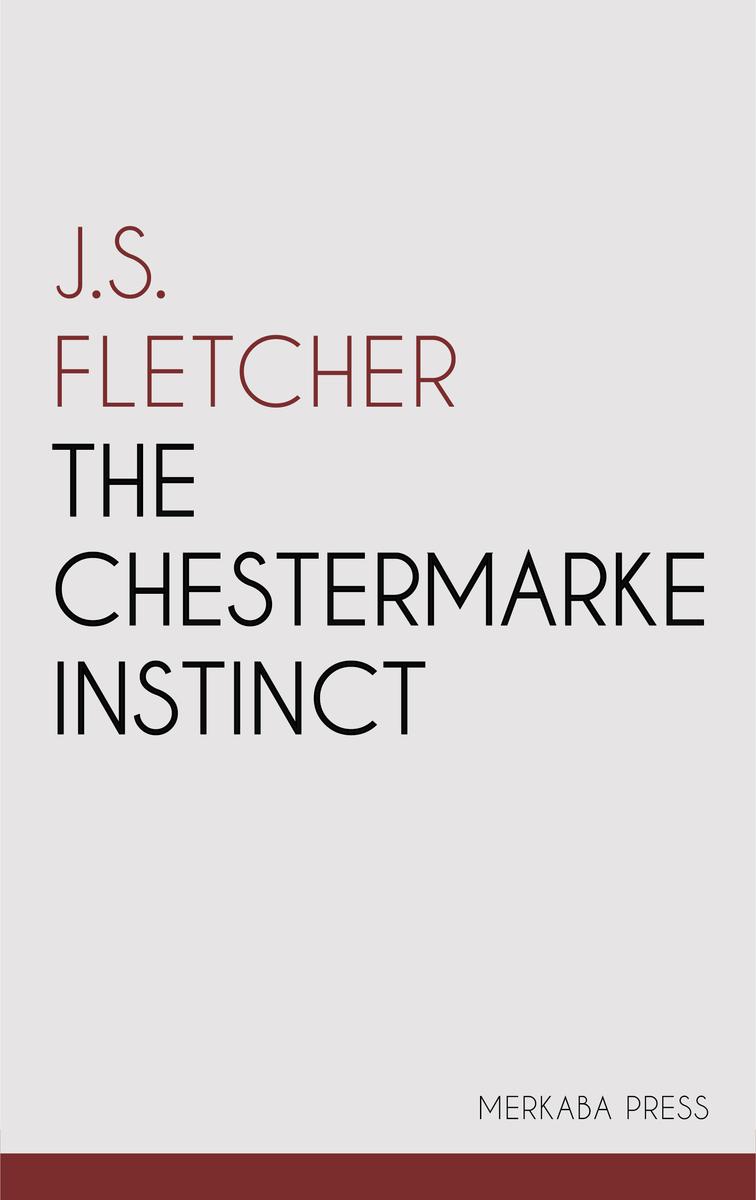
The Chestermarke Instinct
¥8.09
The Chestermarke Instinct
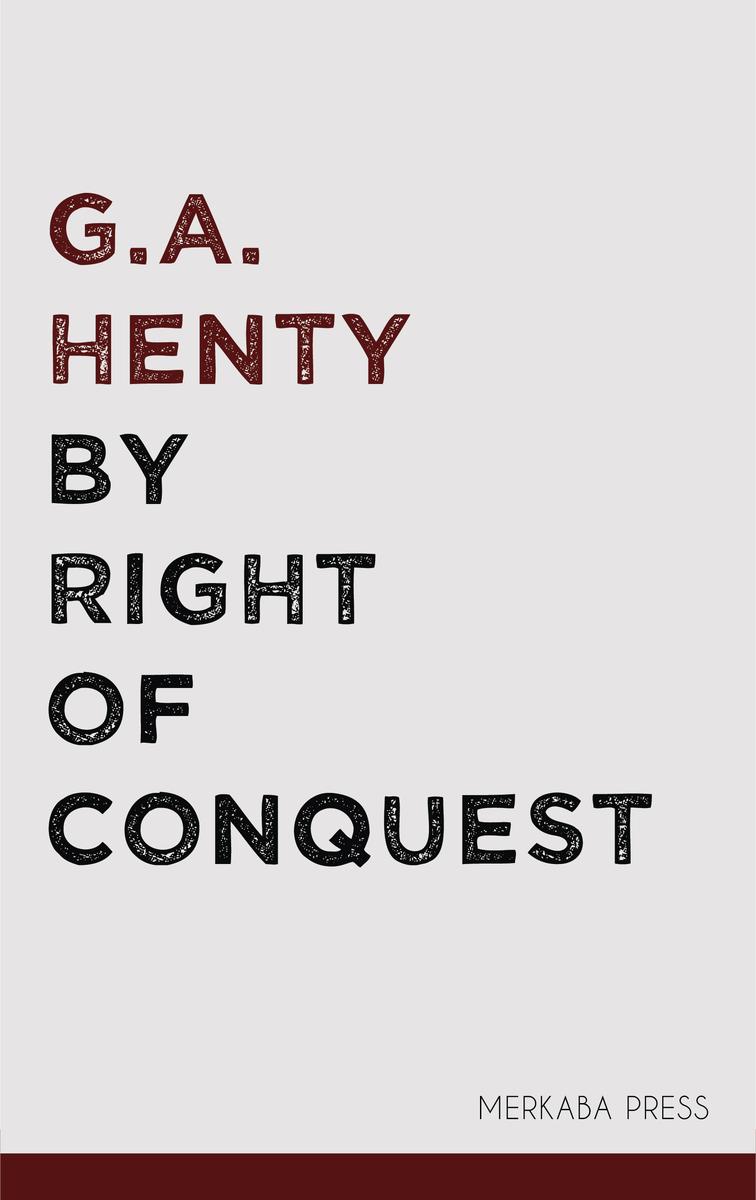
By Right of Conquest
¥8.09
By Right of Conquest
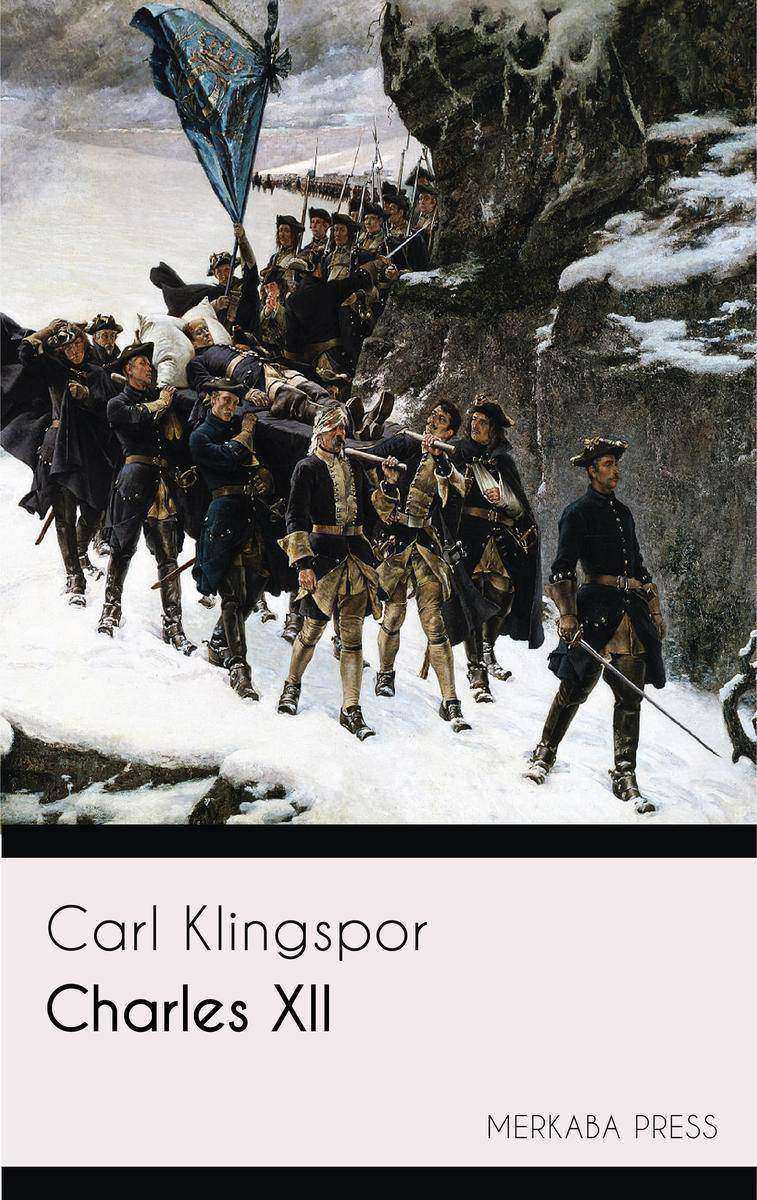
Charles XII
¥8.09
Charles XII
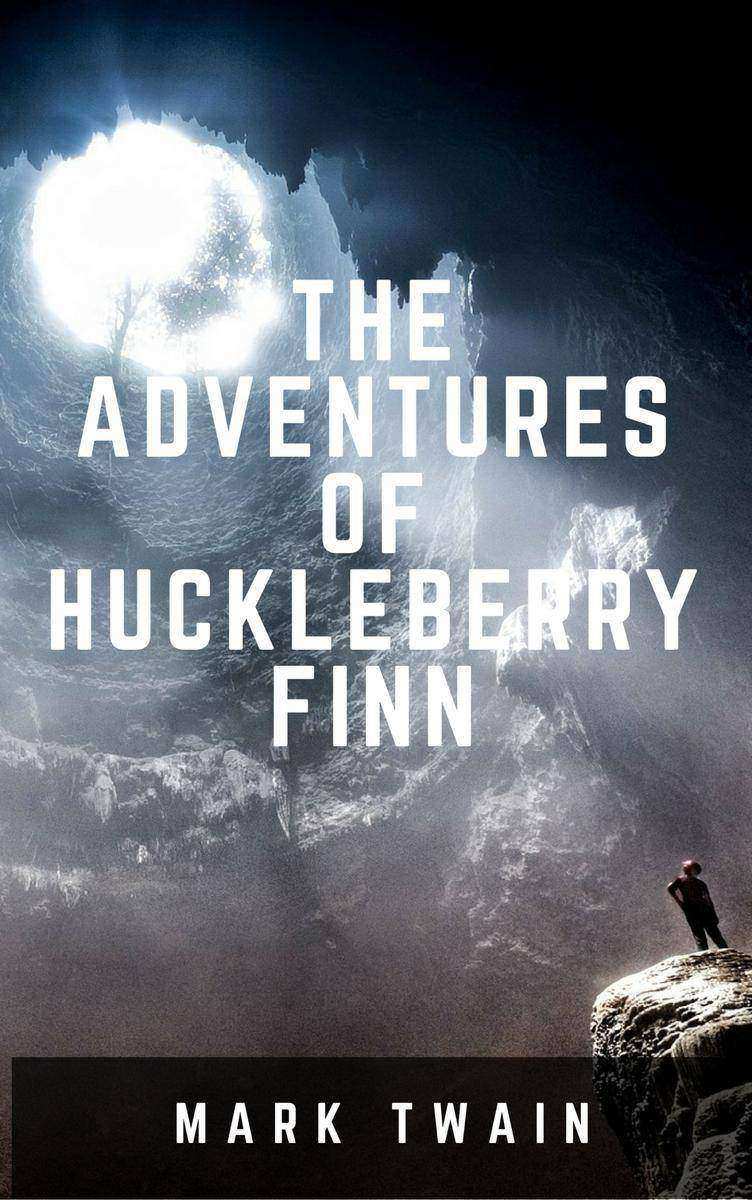
The Adventures of Huckleberry Finn
¥8.09
The Adventures of Huckleberry Finn
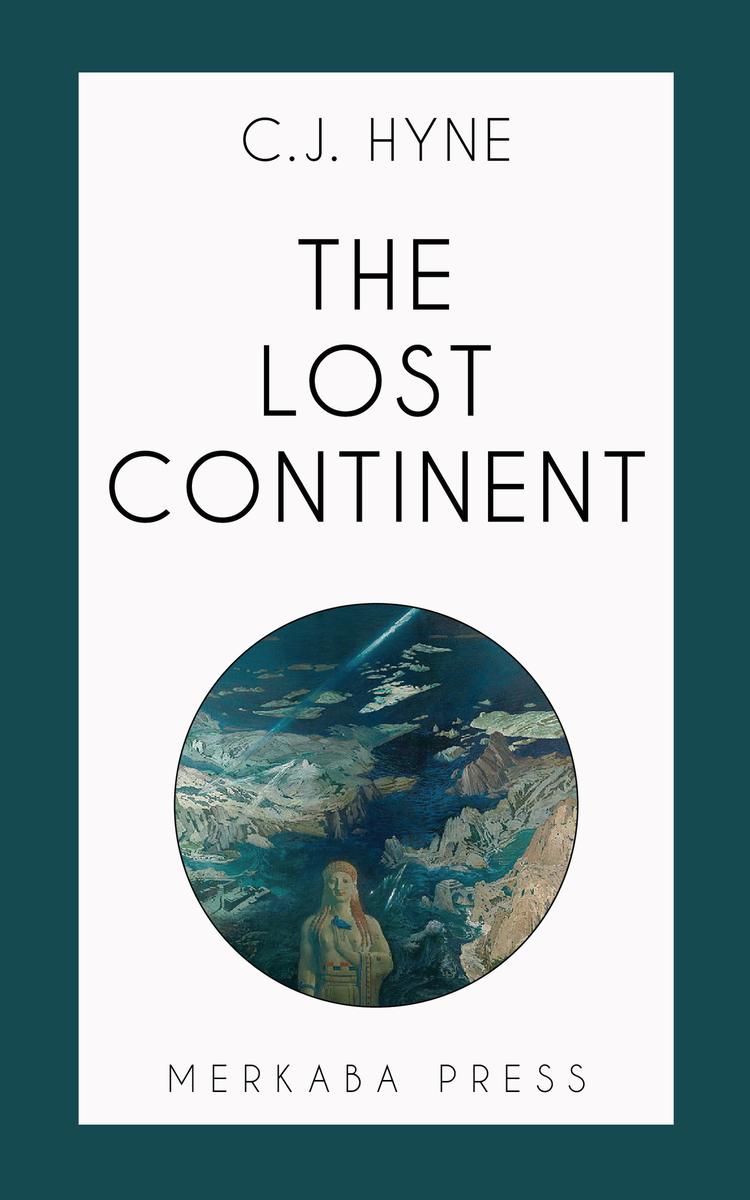
The Lost Continent
¥8.09
The Lost Continent
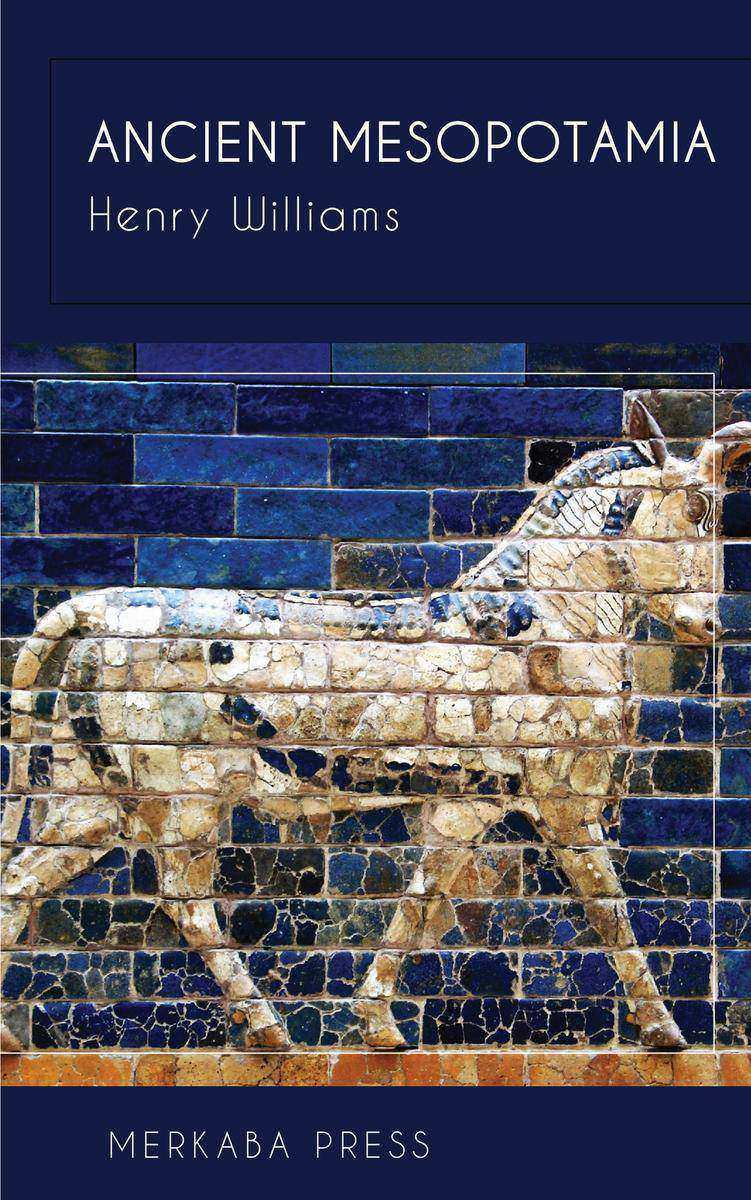
Ancient Mesopotamia
¥8.09
Ancient Mesopotamia
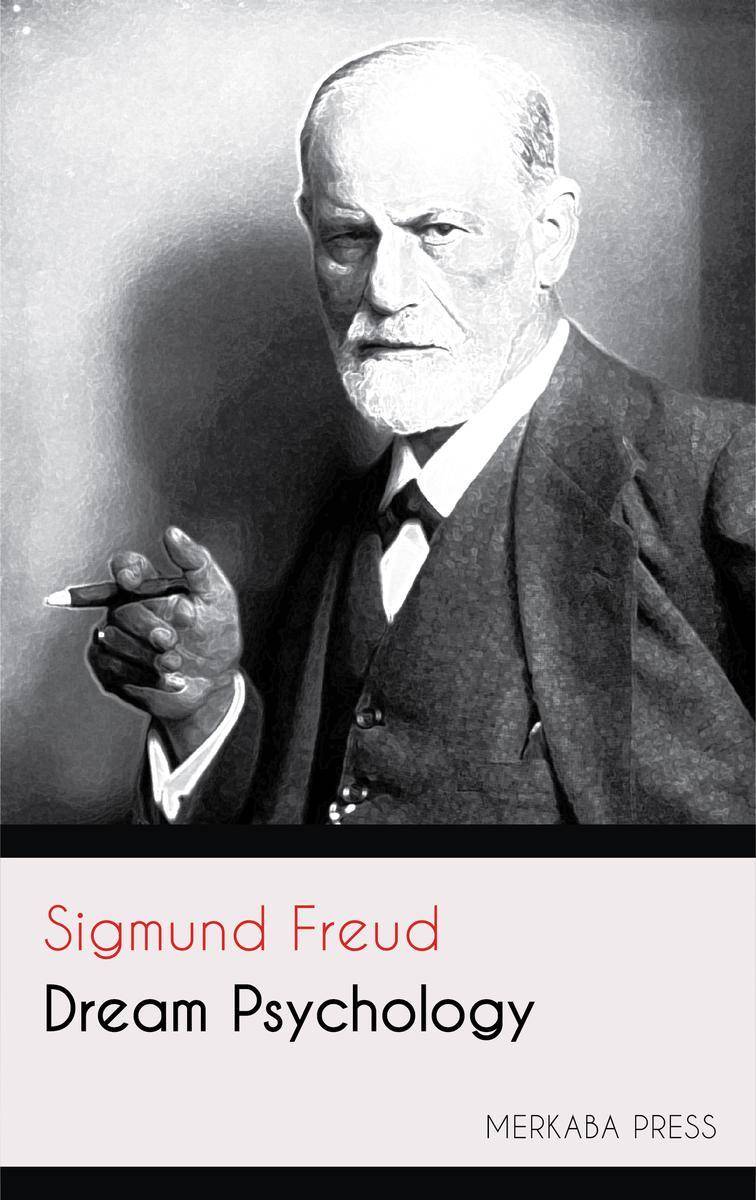
Dream Psychology
¥8.09
Dream Psychology
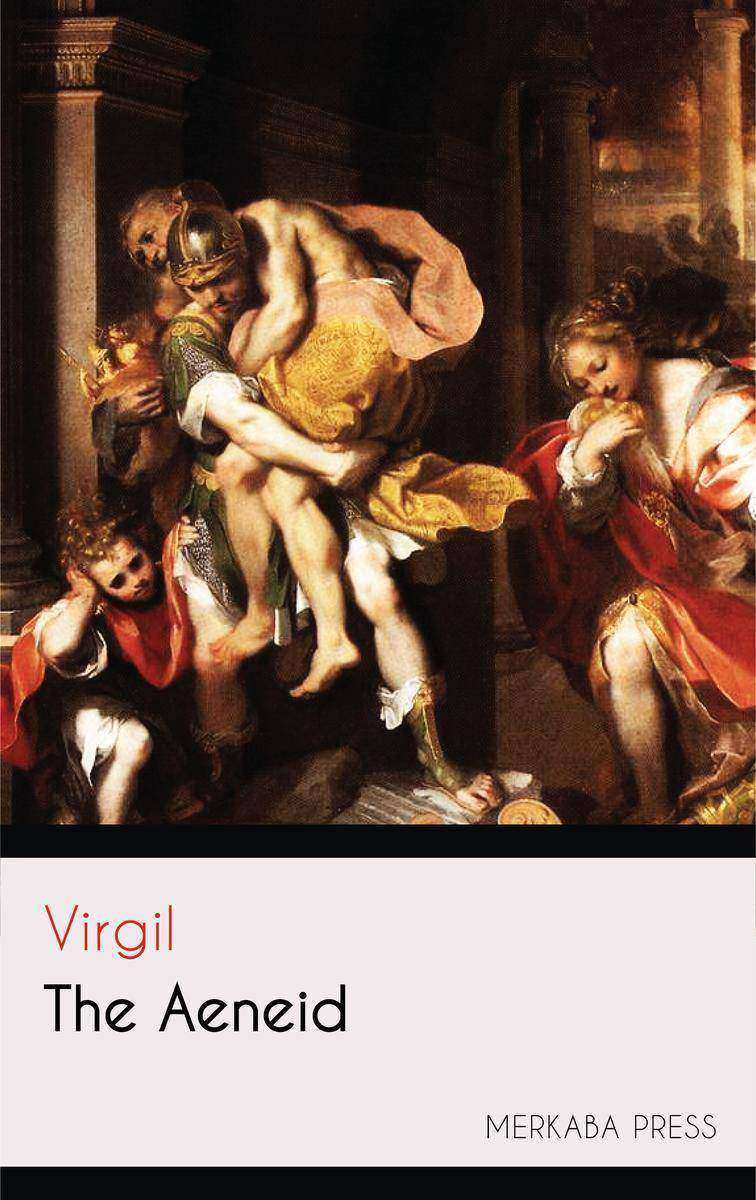
The Aeneid
¥8.09
The Aeneid




 购物车
购物车 个人中心
个人中心



